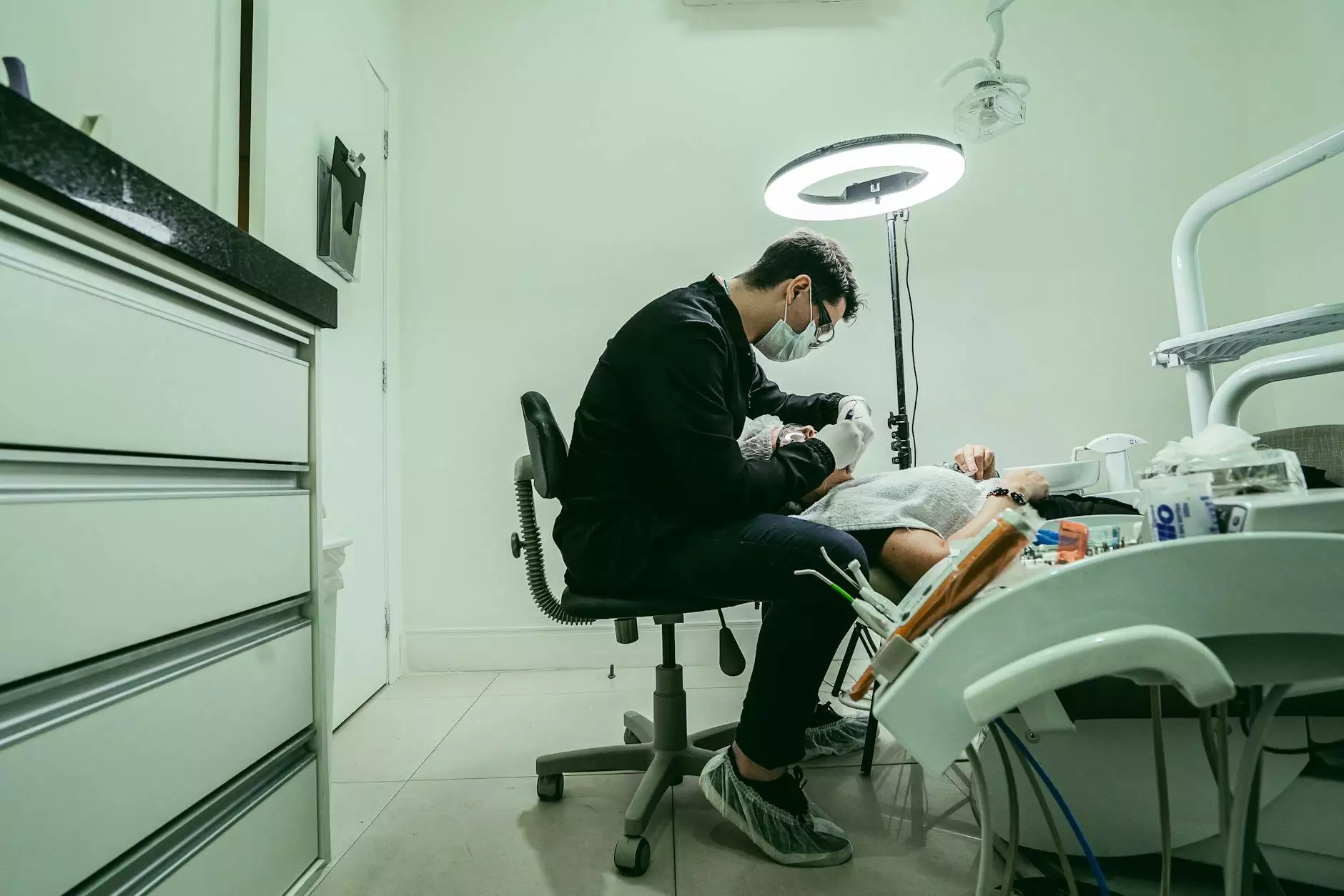Understanding and Managing Psychological ED: A Guide for Patients

Psychological erectile dysfunction (ED) is one of the most pressing issues in men's health today. Unlike its physical counterpart, which is often attributed to physiological factors, psychological ED emerges from mental health challenges, emotional issues, and lifestyle factors. A comprehensive approach is essential for effective management, and understanding its complexities can significantly enhance the quality of life for those affected.
What is Psychological ED?
Psychological ED refers to erectile dysfunction primarily linked to emotional or psychological factors. It differs from organic or physiological ED, which might stem from conditions such as diabetes, heart problems, or hormonal imbalances. In contrast, psychological ED can arise from a range of emotional issues, including:
- Stress: Workplace demands, financial worries, or personal conflicts can lead to anxiety, affecting sexual health.
- Depression: This mental health condition not only decreases libido but may also affect the ability to achieve or maintain an erection.
- Performance Anxiety: Concerns about sexual performance can inhibit physical responses.
- Relationship Issues: Conflicts or a lack of emotional connection with a partner can hinder sexual arousal.
- Past Traumas: Experiences of trauma or abuse can manifest in difficulties related to intimacy and sexual performance.
How Does Psychological ED Affect Men?
The ramifications of psychological ED extend beyond the bedroom. Affected individuals often experience feelings of inadequacy, low self-esteem, and increased anxiety, which can create a vicious cycle affecting overall well-being. Additionally, men may avoid situations that could lead to sexual intimacy, further isolating themselves and possibly straining relationships.
Identifying the Signs and Symptoms
Identifying psychological ED involves recognizing both subjective feelings and physiological reactions. Here are some common signs and symptoms:
- Consistent difficulty achieving or maintaining an erection, particularly during intimate encounters.
- Reduced desire for sexual activity.
- Increased anxiety or worry related to sexual performance.
- Embarrassment or avoidance of sexual activities.
- Nervousness during intimate moments with a partner.
Psychological ED: Causes and Risk Factors
The causes of psychological ED can vary significantly among individuals, and understanding these causes is crucial for effective treatment. Here are some risk factors:
- Age: While psychological ED can affect younger men, the risk increases with age, largely due to compounded emotional stresses and health issues.
- Mental Health Disorders: Pre-existing conditions such as anxiety disorders or depression can exacerbate sexual dysfunction.
- Relationship Dynamics: Poor communication or unresolved conflicts within relationships can impair sexual function.
- Life Stressors: Major life events such as job loss, divorce, or the death of a loved one increase the likelihood of experiencing psychological ED.
Diagnosis of Psychological ED
Diagnosing psychological ED typically involves a multi-faceted approach:
- Medical History: Understanding the patient’s overall health and any underlying medical conditions.
- Physical Examination: A check-up to rule out physiological causes for ED.
- Psychological Evaluation: A mental health assessment to identify potential emotional or psychological factors.
Effective Management Strategies
Addressing psychological ED requires a holistic approach that encompasses various therapeutic techniques:
1. Psychotherapy
Working with a mental health professional can help in addressing the root causes of psychological ED. Common forms of therapy include cognitive-behavioral therapy (CBT), which aims to reshape negative patterns of thought and behavior.
2. Couples Therapy
Sometimes, the relationship dynamics contribute significantly to psychological ED. Couples therapy can help improve communication and intimacy between partners.
3. Lifestyle Changes
Healthier lifestyle choices can significantly improve mental well-being and sexual health. Recommendations include:
- Regular Exercise: Physical activity helps reduce stress and anxiety.
- Healthy Diet: A balanced diet can improve overall health and increase libido.
- Adequate Sleep: Quality sleep is essential for hormone regulation and emotional stability.
- Avoiding Excessive Alcohol and Drugs: Substance abuse can exacerbate ED symptoms.
4. Medication
In some cases, medications related to psychological support may be prescribed. However, it is essential to use any medication under strict medical supervision.
5. Education and Support Groups
Joining support groups or educational initiatives can help individuals feel less isolated. Sharing experiences and coping strategies can be invaluable to those struggling with psychological ED.
Role of Australian Pharmacy in Supporting ED Treatment
Australian Pharmacy is committed to providing comprehensive support for men's health, including units dedicated to assisting those affected by psychological ED. They offer:
- Personalized Consultations: Expert pharmacists can guide patients on available treatment options and lifestyle changes.
- Access to Medication: A range of products and medications for managing both physical and psychological symptoms.
- Wellness Resources: Educational resources to help understand the condition and its management.
- Supportive Environment: A discreet and non-judgmental space for discussing health concerns.
Future Considerations for Psychological ED
As we advance, the conversation surrounding sexual health, particularly psychological ED, is becoming more mainstream. Increased awareness, reduced stigma, and improved access to mental health care are vital for addressing this issue. Early intervention and support can make a significant difference in treatment outcomes.
Conclusion
Psychological ED is a complex challenge that affects many men today. By comprehensively understanding its causes, symptoms, and effective management strategies, individuals can take actionable steps toward recovery. With support from resources like Australian Pharmacy and a collaborative approach to mental health, men can overcome the barriers of psychological ED and reclaim their sexual and emotional well-being.
For more information, don’t hesitate to reach out to your local pharmacy or healthcare provider. Remember, addressing psychological ED is not just about improving sexual function – it’s about enhancing your overall quality of life.









